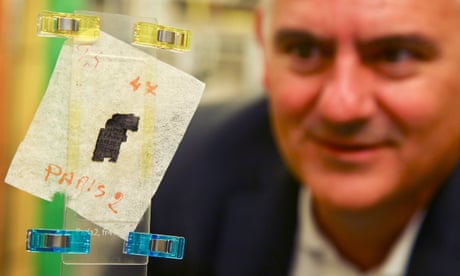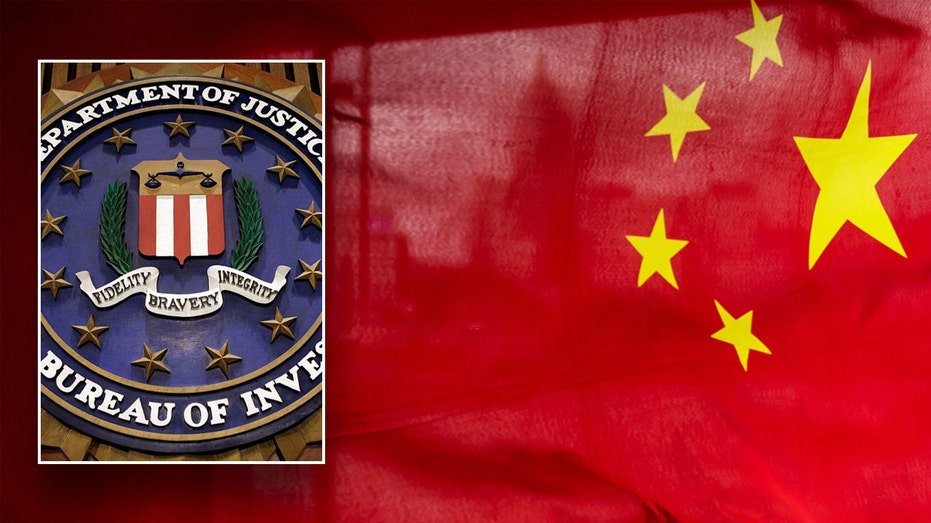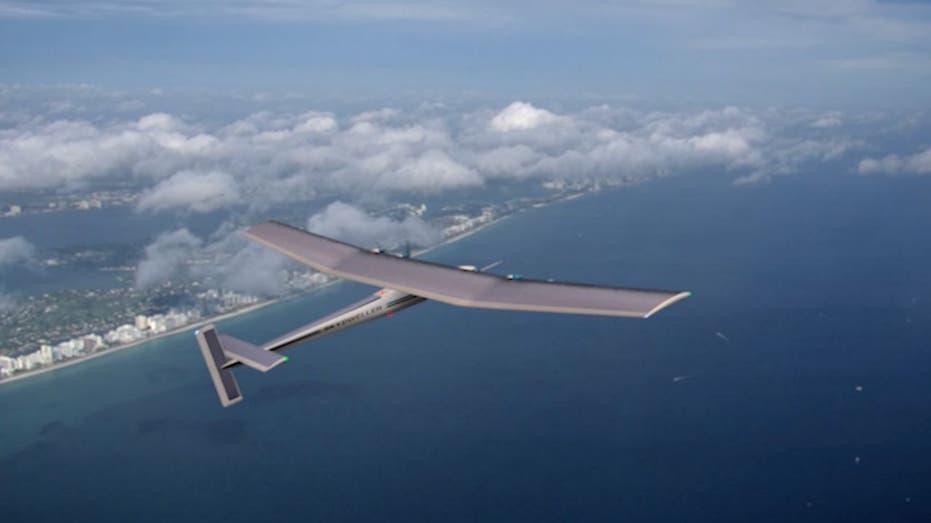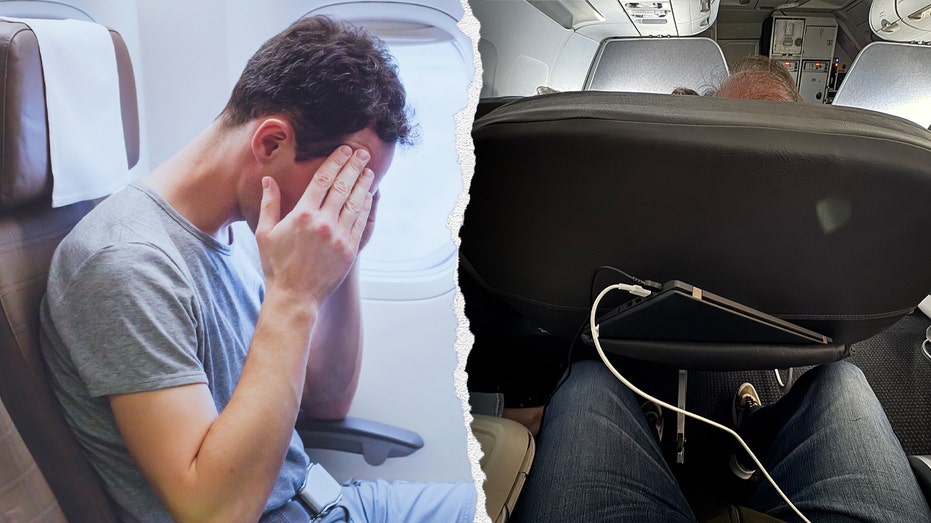- by foxnews
- 15 Nov 2024
Contest launched to decipher Herculaneum scrolls using 3D X-ray software
Contest launched to decipher Herculaneum scrolls using 3D X-ray software
- by theguardian
- 16 Mar 2023
- in technology

The eruption of Mount Vesuvius in AD79 laid waste to Pompeii and nearby Herculaneum where the intense blast of hot gas carbonised hundreds of ancient scrolls in the library of an enormous luxury villa.
Now, researchers are launching a global contest to read the charred papyri after demonstrating that an artificial intelligence programme can extract letters and symbols from high-resolution X-ray images of the fragile, unrolled documents.
Scientists led by Prof Brent Seales, a computer scientist at the University of Kentucky, were able to read the ink on surface and hidden layers of scrolls by training a machine-learning algorithm to spot subtle differences in the papyrus structure captured by the X-ray images.
Teams that enter will compete for a grand prize of $150,000, awarded to the first to read four passages of text from the inner layers of the scrolls before the end of 2023. Progress prizes include $50,000 for accurately detecting ink on the papyri from the 3D X-ray scans.
The two unopened scrolls belong to the Institut de France in Paris and are among hundreds discovered in the 1750s when excavations at the buried villa revealed a lavish library of Epicurean philosophical texts. The enormous building is thought to have belonged to a wealthy Roman statesman, possibly Lucius Calpurnius Piso Caesoninus, the father-in-law of Julius Caesar.
- by foxnews
- descember 09, 2016
Airline passenger shares photo of 'reclined' seat debacle: 'Dude is in my lap'
A passenger paid for a first-class ticket on an American Airlines flight, but the seat in front of him trapped him in his chair, which led to the airline posting a public apology on X.
read more





